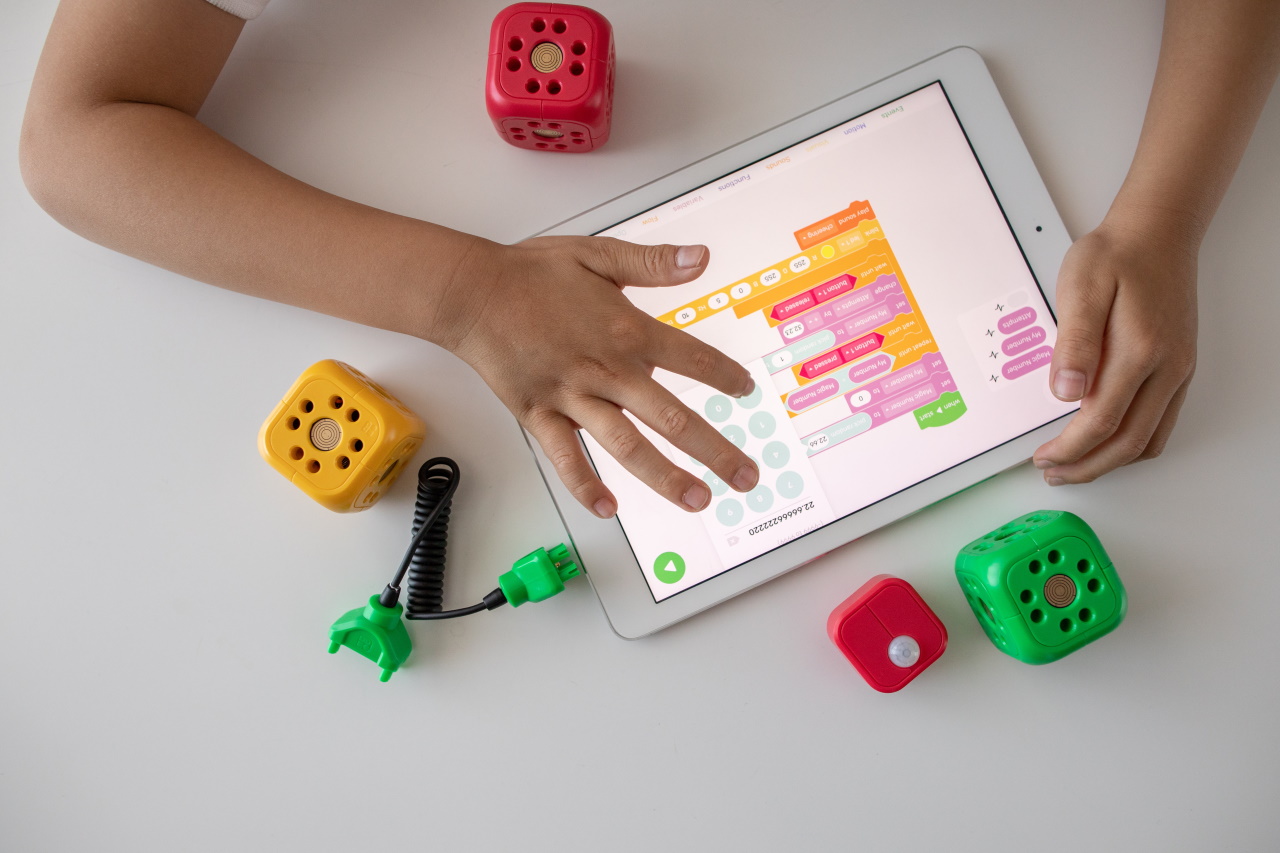For decades, computers have facilitated many complex tasks, but not everyone has access, especially in low-income countries. However, the current affordability and increasing use of smartphones make them a good alternative for education and research collaboration. This Partnerships for Inclusive Research and Learning (PIRL) study explores smartphones’ role in learning and research collaboration in a multinational community of practice (CoP) involving participants in the Global South and the Global North. The PIRL study used a survey and interviews to realize the optimal use of information and communication technologies (ICTs) in a CoP for knowledge provision, research, and professional development in a disability-inclusive development (DID) context. The CoP included some academic and community researchers with disabilities. Survey results showed that 50% of the PIRL CoP participants from African countries cannot use computers as much as wanted because they are unaffordable or lack reliable or affordable internet. All respondents from the Global North could use the internet and computers as much as they wanted, results that reflect the digital divide. Since PIRL CoP participants in the Global South are disadvantaged in computer use, they turn to more affordable smartphones for collaboration and learning. However, small devices challenge the performance of complex tasks like collaborative writing, coding interview transcripts, and contributing effectively to teamwork. This study provides some recommendations to improve collaboration in such situations.
Smartphones as Alternatives to Computers for Learning and Collaboration in a Multinational Disability-Inclusive Community of Practice


0 Comments